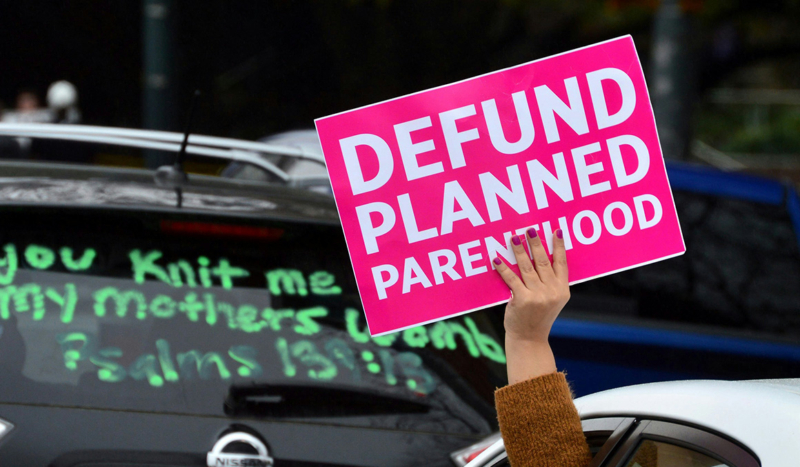
Elyssa Dedios / Unsplash
The Washington Post editorial board issued a rare editorial on July 29 condemning what it called “lower court activism,” criticizing a federal judge’s move to override Congress and preserve federal funding for Planned Parenthood.
The editorial targets U.S. District Judge Indira Talwani, who issued a preliminary injunction July 21 blocking a key provision of President Trump’s “One Big Beautiful Bill,” enacted July 4. The measure would have halted Medicaid funding for one year to certain abortion providers, including Planned Parenthood.
Critics, including members of Congress, argued that the judge overstepped her authority by effectively nullifying a duly passed act of Congress. The Post echoed those concerns.
“This is the kind of lower court activism that gives the Trump administration fodder for its attacks on judges,” the editorial stated.
The paper also criticized Talwani’s refusal to pause her own ruling while it undergoes appeal.
“Allocating public money is Congress’s core competency,” it stated, arguing that Talwani’s refusal to stay her ruling “strain[s] to label Congress’s exercise of its spending discretion unconstitutional.”
Talwani had described the defunding measure as an unconstitutional “bill of attainder,” a form of legislative punishment without judicial trial. The newspaper disagreed with that assessment.
“If forward-looking budgetary measures can be scrutinized as bills of attainder, Congress’s fiscal function will be incapacitated,” it said.
Calling the ruling “a reminder that the judiciary, as well as the executive, can overreach at Congress’s expense,” the Post predicted the injunction would likely be reversed on appeal.
“By curbing funding for abortion providers, social conservatives have advanced one of their longtime legislative priorities, fair and square,” the Post concluded. “To protect that funding in the future, liberals will need to make the case to voters in 2026 and 2028. Judicial fiat cannot substitute for democratic legitimacy.”

